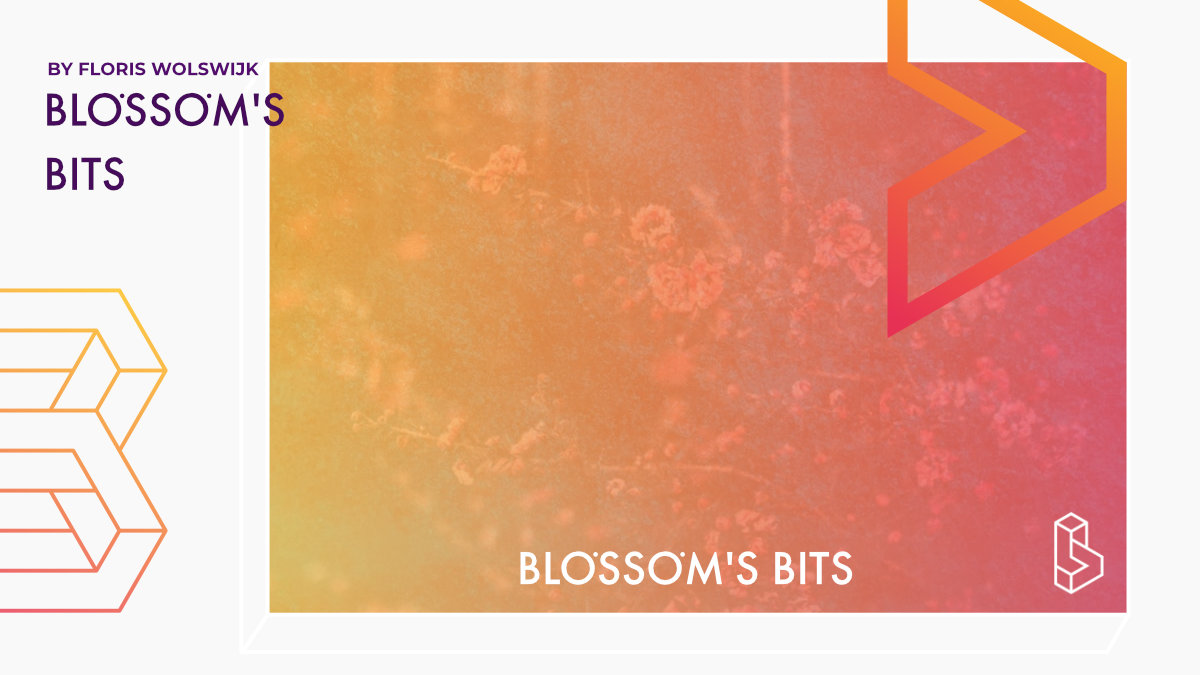Up until recently, the legal issues and stigma surrounding psychedelics have deterred many traditional sources from funding such research over the past 50 years.
These issues rendered funding psychedelic research a less than a favourable option for your average investor and have also stopped governments from lending a hand to the academic institutions involved in this work.
So, where exactly did the money come from that has spurred the renewed interest in psychedelic research in recent years?
The role of philanthropy
Philanthropic donations and the work of non-profit organizations like MAPS as well as the Heffter and Usona research institutes have been the driving force behind psychedelic research at institutions across the globe.
These organizations have relied on donations since their inception – funnelling money from donors who want to realize the therapeutic potential of psychedelic medicine into numerous research efforts.
In 2019, the Imperial Centre for Psychedelic research was founded – largely thanks to £3 million in funding from five founding donors. The very same year the Center for Psychedelic and Consciousness Research was founded at Johns Hopkins thanks to $17 million from private donors.
Thanks to the will of these initial donors, researchers at both Imperial College and Johns Hopkins have pioneered the renewed interest we’re witnessing in psychedelic science.
A lot has changed since 2019 and psychedelic science is more popular than ever. This increase in popularity – and the accompanying positive results from clinical trials – has brought with them new sources of funding for psychedelic research.
New funding for the better
With psychedelics now proving to be safe and effective at treating various mental health disorders – a lot of people are trying to get in on the action.
Governments are now getting involved and seeing the potential of these substances. The National Institute of Health (NIH) has awarded its first federal grant for psychedelic research in over 50 years to explore the effects of psilocybin on smoking cessation.
In the UK, the country’s largest mental health trust, the South London and Maudsley NHS Foundation Trust have begun collaborating with King’s College London and COMPASS Pathways to accelerate the development of psychedelic therapies.
COMPASS is one of the many companies in the space that are listed on various stock exchanges and have attracted a vast influx of capital from all types of investors.
The influx of capital is necessary undoubtedly advancing psychedelic research – but – only time will tell if the need to satisfy shareholders will take precedence and lead to corners being cut.
Become a psychedelic insider
Get a Pro Membership to enjoy these benefits & support Blossom📈 full reports on Topics & Compounds
🧵 full summary reviews of research papers
🚀 full access to new articles
See Memberships

